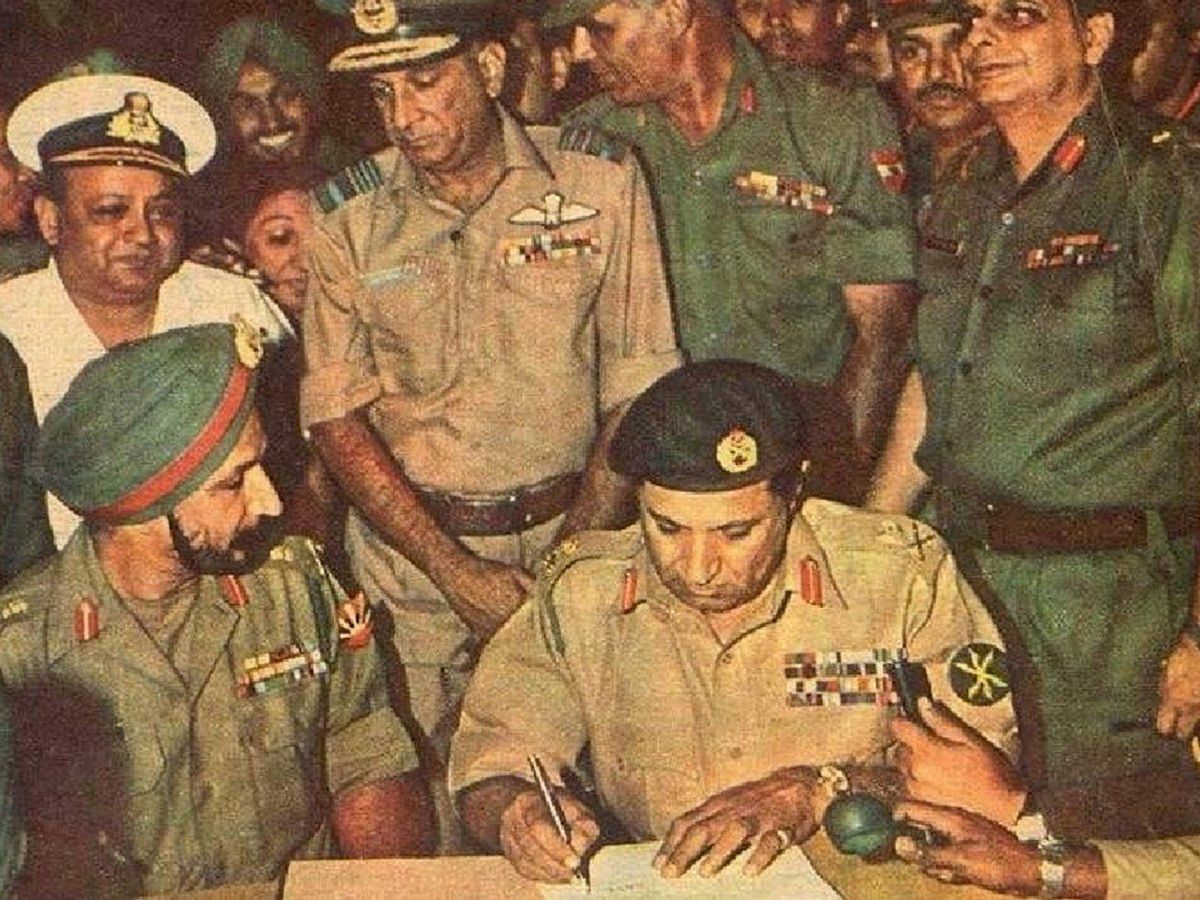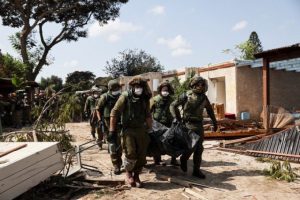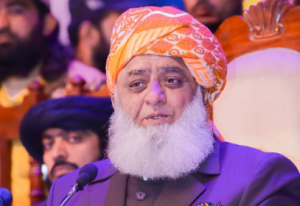50 years ago, in the fourth week of
November, India started moving along the East Pakistan borders. Though the war
officially began on December 3, 1971, it was the last week of November when
India started deploying its troops on its eastern borders. It was Pakistan, the
then ruler of East Pakistan, who launched a series of airstrikes against India
on its western borders to keep the Indian aggression on the eastern front under
check. This war eventually led to the liberation of East Pakistan and a new
country was born in Bangladesh.
Also Read: Vijay Diwas 2021: How the Indo-Pak conflict shaped Bangladesh’s road to liberation
How did India get involved in the 1971
Bangladesh liberation war?
Pakistan was well aware of India’s concerns
over its controlling of East Pakistan. With Pakistan on either side of the
borders becoming a fierce enemy, India wanted to eliminate the Pakistani threat
from its eastern borders to ease the tension. Pakistan, on the other hand, did
not want to lose control of Bangladesh. So, sensing mobilisation of Indian
forces along the eastern borders, Pakistan Air Force (PAF) was tasked to ravage
Indian Air Force’s (IAF) western bases, primarily in Punjab, Jammu and Kashmir,
Haryana and Rajasthan. Airstrikes under the operation, code-named Operation
Chengiz Khan, were launched by PAF at Pathankot, Amritsar, Srinagar and
Avantipur.
Also Read: ‘Guest of Honour’ Kovind attends Victory Day Parade as Bangladesh marks 50 yrs of win over Pakistan
In the third wave of attack, PAF attacked
Agra in Uttar Pradesh, Halwara near Ludhiana in Punjab, and Ambala and Sirsa in
Haryana. Two B-57 aircraft of PAF dropped bombs on the runway at Agra but
failed to damage it, and this runway was used by the IAF later the same evening
for a retaliatory air strike on Pakistan. PAF also raided Uttarlai, Jodhpur and
Jaisalmer in Rajasthan, and Bhuj and Jamnagar in Gujarat. In addition to these
air attacks, the Pakistan Army launched offensive action along the Line of
Control in J&K and started artillery shelling of forwarding positions of
the Indian Army.
Also Read: Bangladesh to import defence items from India under USD 500 mn LoC
India retaliated
IAF made a quick recovery by launching
counter air attacks on airfields and radar stations of the Pakistan Air Force.
These attacks were launched on Murid, Mianwali, Sargodha, Chandher, Risalewala,
Rafiqui and Masroor in west Pakistan. Air raids were also launched in East
Pakistan on Kurmitola, Chittagong, Jessore and Tejgaon.
Also Read: Ukrainian villagers afraid war with Russia is coming
Heavy damage was reported on the runways of
Sargodha and Masroor air bases, rendering them non-operational for the next few
days. In the eastern sector, the IAF obtained total air superiority in a matter
of two days, as the offensive air action by IAF as well as Indian Navy and
Mukti Bahini air elements subdued the Pakistan air and naval forces.
Pakistan Army stepped up
After PAF came under IAF’s attack, the
Pakistan Army attacked Indian positions in Poonch, Kargil and Chhamb on
December 3, 1971, in a bid to establish its superiority over certain areas, and
pose a threat to the Srinagar-Leh highway and Akhnoor and Jammu in J&K. The
Pakistan Army also resorted to heavy artillery shelling at Indian positions in
Punjab and Rajasthan, and a day later on December 4, launched an ambitious
attack in Laungewala sector in Rajasthan which was thwarted by the Indian Army
and IAF with the complete destruction of the Pakistani tanks and attacking
forces.
Also Read: COVID hasn’t dented India’s bilateral ties with Russia: PM Narendra Modi
India announced war
As a desperate Pakistan was busy in keeping
India under check, then Prime Minister of India Indira Gandhi addressed the
nation on All India Radio (AIR) informing the country that “Pakistan launched a
full-scale war against us”. She also said the war in “Bangladesh has become a war on
India” and her “government and the people of India has an awesome
responsibility”.
Also Read: India won direct war in 1971, it will also win indirect war against Pak-induced terrorism: Rajnath
“We have no other option but to put our
country on a war footing. Our brave officers and jawans are at their posts,
mobilised for the defence of the country. Emergency has been declared for the
whole of India. Every necessary step is being taken, and we are prepared for
any eventualities,” Gandhi said in the radio address.
“So today, we fight, not merely for
territorial integrity, but for the basic ideals which have given strength to
this country, and in this alone we can progress to a better future. Aggression
must be met and the people of India will meet it with fortitude and
determination, with discipline and the utmost unity,” she announced as India
took on Pakistan.
The war continued for 14 days which eventually forced Pakistan to surrender and Bangladesh was free of Pakistani
occupation. India celebrate the victory as “Vijay Diwas”.







